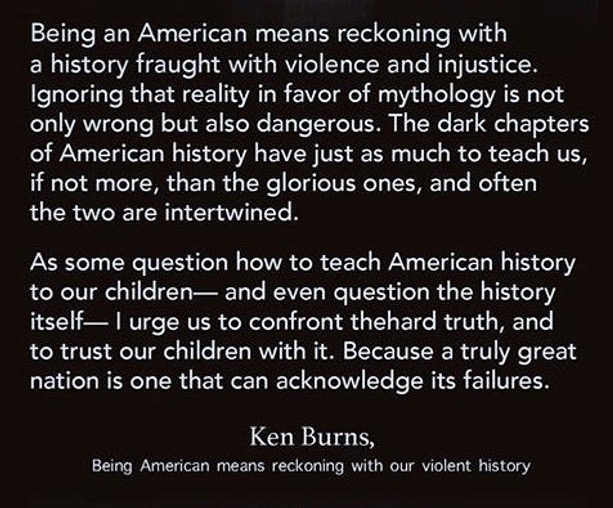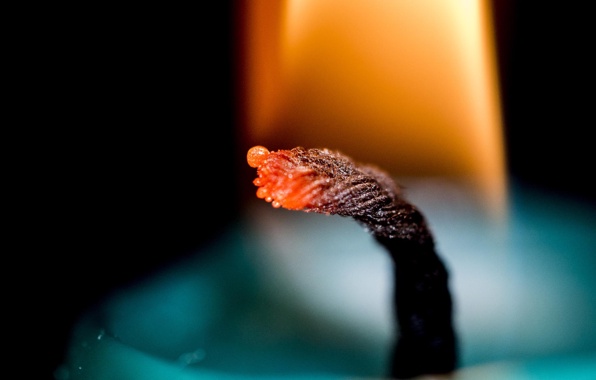
the american revolution
Devotion to truth
enables a revolution.
The hexagram Ko announces the arrival of a time of revolution. A set of conditions, internal or external or both, is ready to pass away in favor of a more beneficial situation. What enables this transformation is your conscious and vigorous adherence to correct thought and behavior.
No revolution in outer things is possible without a prior revolution in one’s inner way of being. Whatever change you aspire to in your affairs must be preceded by a change in heart, and active deepening and strengthening of your resolve to meet every event with equanimity, detachment, and innocent goodwill. When this spiritual poise is achieved within, magnificent things are possible without.
The revolutions of others are enabled also when we refine the fire of goodness and truth inside ourselves. Sincere commitment to higher things travels outward in powerful waves from the superior person, and all those around are affected by this. Indisputably, to lead one’s inner self to truth and peace is to lead the outer world to truth and peace. A beneficial revolution is assured to one who takes this path now.
The I Ching, or Book of Changes
Hexagram 49, Ko / Revolution
ebooks & apps of the Tao the Ching, I Ching,
Hua hu Ching, Wei wu Wei Ching,
Art of War for iPad, Phone,
Kindle, Nook, or
Android
You
can now buy
the I Ching as part of a
five-app bundle of Taoist classics
for iPhone or iPad for less than
the cost of one hardcover
book.






